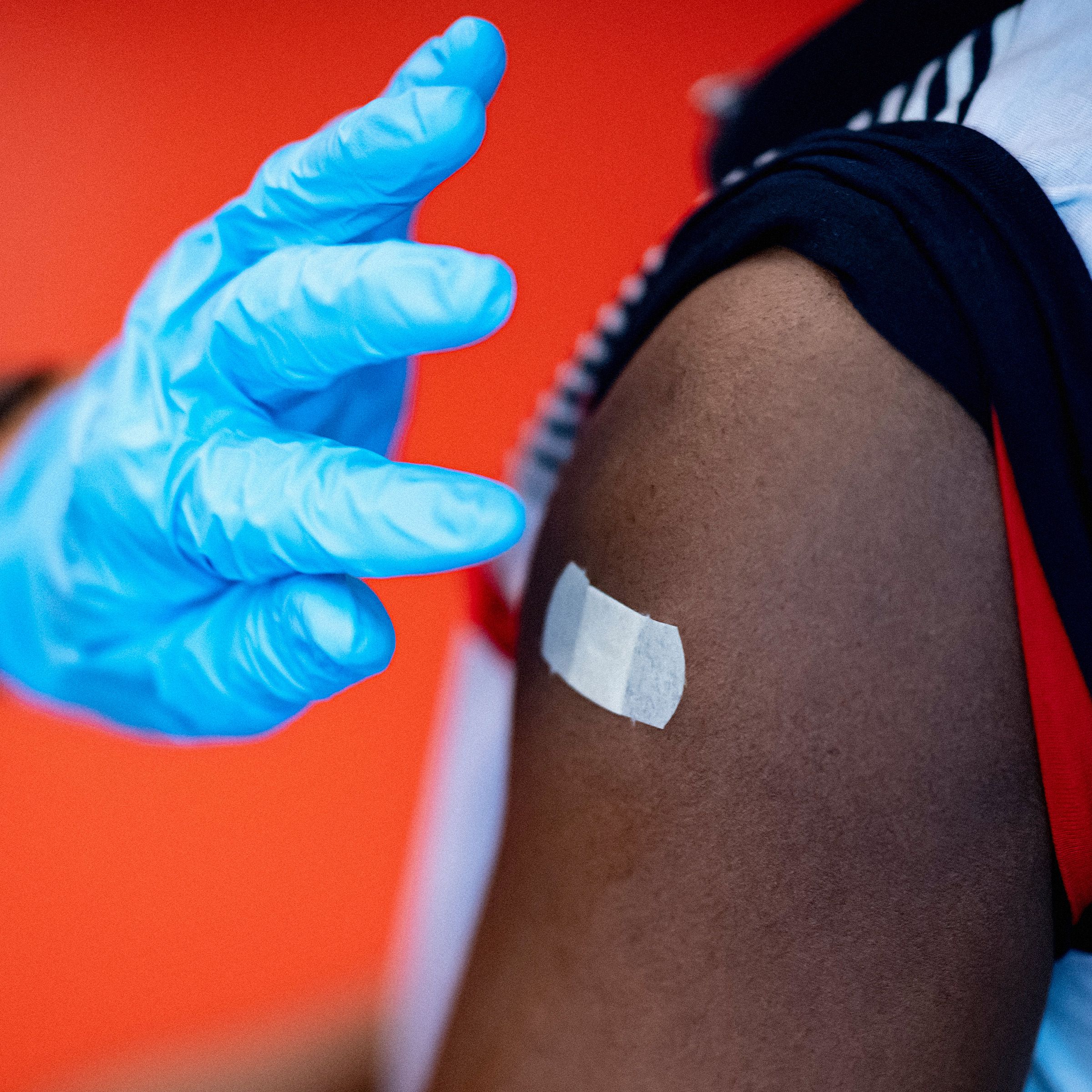Covid-19 vaccines are about to become widely available again across the United States, following several weeks of confusion around who would be able to get them this fall. Uncertainty over federal vaccine policy had caused a temporary patchwork of access across the country, with shots being offered in some places and not others.
This week, the Centers for Disease Control and Prevention issued new guidance around the use of Covid vaccines, dropping a broad recommendation for vaccination and instead leaving the choice up to individuals. While it marks a change in official CDC policy, the guidance allows shots to be rolled out to pharmacies, and for states to once again offer them to people of all ages.
Prior to this fall, the CDC universally recommended the Covid vaccine for anyone 6 months or older. The agency’s new guidance, drafted by a panel of experts handpicked by Health and Human Services Secretary Robert F. Kennedy Jr., says that individuals should consult with a health care provider before getting the shot, what the agency calls “individual-based decision-making.” The CDC’s definition of providers includes physicians, nurses, and pharmacists.
“Informed consent is back,” said Jim O’Neill, acting CDC director and Department of Health and Human Services (HHS) deputy secretary, in an October 6 statement. “CDC’s 2022 blanket recommendation for perpetual Covid-19 boosters deterred healthcare providers from talking about the risks and benefits of vaccination for the individual patient or parent. That changes today.”
Kennedy, a longtime vaccine skeptic, first moved to restrict Covid vaccines in May, when he announced that the CDC would no longer recommend them to healthy children and pregnant women.
Confusion mounted in August, when the Food and Drug Administration approved updated Covid vaccines but only for adults ages 65 and older and younger people with medical conditions that put them at higher risk of severe disease. Previously, Covid shots were indicated for anyone 6 months and older. Because of differing state laws that determine the scope of practice for pharmacists, the change triggered pharmacies in some states to require a prescription, while in others pharmacies stopped offering the shots entirely. Several states, however, took swift action to restore access.
The CDC’s new guidance is based on a recent recommendation by the Advisory Committee on Immunization Practices (ACIP), a panel of outside experts that advises the agency on how vaccines should be used to prevent disease. Earlier this year, Kennedy removed all 17 of ACIP’s previous members and replaced them with 12 new ones, several of whom have been critical of the Covid-19 vaccines.
During a September 19 meeting, ACIP considered whether to require a prescription for the latest Covid vaccine, but narrowly decided against it. Its new recommendation on individual-based decision-making emphasized that the benefit of vaccination for people under age 65 is greatest in individuals who are at increased risk of severe Covid-19 because of an underlying medical condition and lowest for those who are not at an increased risk.
Once the CDC adopts ACIP’s recommendations, they become official federal guidance. In many states, that guidance determines what vaccines pharmacies are allowed to administer. Without those guidelines, access was restricted in some states.
Now that the CDC has signed off, access issues should soon be resolved. The agency’s official recommendation enables pharmacists to provide the vaccine again and also allows states to begin ordering Covid shots through the Vaccines for Children program, which provides federally purchased vaccines at no cost to low-income children and those without insurance. About half of US children are eligible for the program.
“For the average person that is interested in getting their Covid-19 vaccine, you will be able to do as you’ve always done. You should reach out to your provider, whether that’s a pharmacist or a physician,” says Susan Kansagra, chief medical officer of the Association of State and Territorial Health Officials.
Parents of young children who get their vaccines from their pediatrician might have found it especially difficult to get one in the past several weeks. Some doctor’s offices were waiting to order the vaccine until the CDC issued its guidance for this year. Now that that’s happened, more providers should be able to offer the vaccine in the coming days and weeks, she says.
The vaccine will soon be available at most pharmacies, as in previous years. “Almost every pharmacy at this point that had ordered or preordered their Covid-19 vaccine has some portion of that in stock,” says Brigid Groves, vice president of professional affairs at the American Pharmacists Association. “Patients or caregivers should be able to follow the process that they had done in years past to get one.”
The CDC’s official guidance this week also requires health insurers to cover the cost of the vaccine. “Individual-based decision-making allows for immunization coverage through all payment mechanisms including entitlement programs such as the Medicare, Medicaid, Children’s Health Insurance Program, and the Vaccines for Children Program, as well as insurance plans regulated by the Affordable Care Act,” according to the CDC.
Many private insurers had already committed to maintaining coverage for this season’s Covid vaccines. America’s Health Insurance Plans, an industry group that represents the country’s major insurers, released the following statement on September 16: “Health plans will continue to cover all ACIP-recommended immunizations that were recommended as of September 1, 2025, including updated formulations of the Covid-19 and influenza vaccines, with no cost-sharing for patients through the end of 2026.”
As for the new individual-based decision-making requirement, it means that providers now must have a conversation with patients about the benefits and risks of vaccination—something the vast majority of them were already doing.



